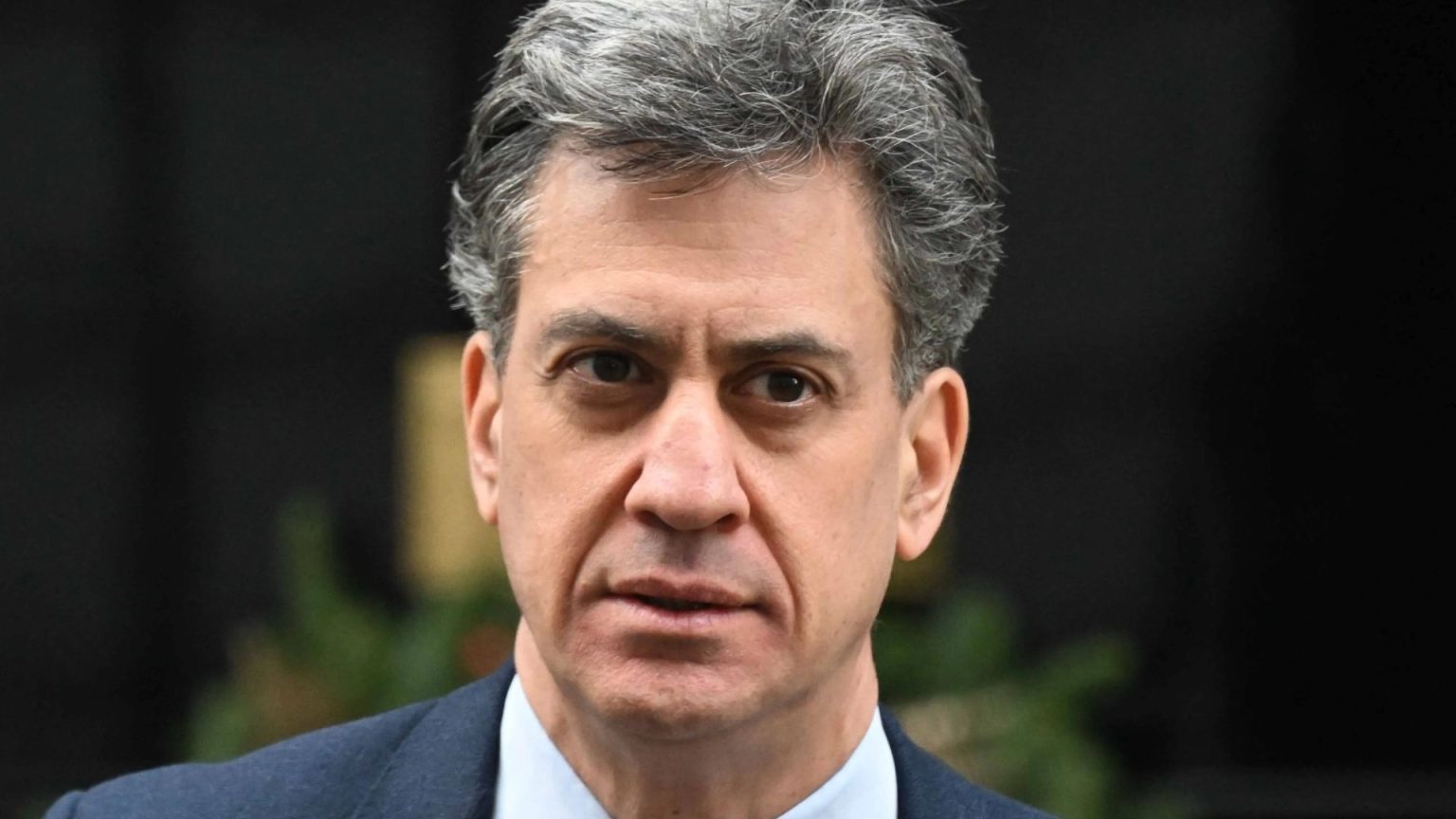The UK government’s ambitious plan to achieve Net Zero emissions by 2030 has sparked a heated debate, with concerns raised about its potential impact on energy bills and employment. Energy Secretary Ed Miliband champions the strategy as a crucial step towards energy independence, freeing the nation from the grip of volatile fossil fuel markets controlled by figures like Vladimir Putin. The plan aims to transform the UK into a clean energy powerhouse by the end of the decade, prioritizing the development of critical infrastructure such as onshore wind farms through planning reform. However, the hefty price tag of approximately £40 billion in annual investment, primarily sourced from the private sector, raises questions about affordability and potential consequences for consumers.
Critics, like Andy Mayer of the Institute of Economic Affairs, argue that the government’s approach is fundamentally flawed, asserting that deliberately increasing energy costs cannot logically lead to cheaper energy. They caution that the influx of investment touted by the government will ultimately translate into higher bills for consumers. This prospect is particularly alarming given that the UK already grapples with some of the highest energy prices globally, and the Net Zero push could exacerbate the situation, potentially placing an even heavier burden on households. The concern is that this strategy may create a scenario where the pursuit of environmental goals inadvertently undermines the economic well-being of citizens.
Trade unions have also voiced strong opposition to the plan, with the GMB warning of potential job losses reaching up to one million if the government maintains its current course. This adds another layer of complexity to the debate, pitting environmental objectives against the livelihoods of workers potentially affected by the transition to green energy. The clashing perspectives highlight the difficult balancing act the government faces in pursuing its climate agenda while mitigating potential negative consequences for employment. The scale of the proposed transformation raises concerns about the ability of the existing workforce to adapt to the changing demands of the energy sector and the potential displacement of workers in traditional energy industries.
Ed Miliband, conversely, argues that the plan represents a crucial step towards achieving multiple objectives simultaneously: bolstering energy security, lowering bills in the long run, creating new jobs in the green energy sector, and tackling climate change. He portrays the strategy as a catalyst for transformative change, essential for achieving a sustainable and secure energy future. This optimistic outlook emphasizes the potential long-term benefits of the transition, including the creation of new industries and employment opportunities. However, this perspective clashes with the immediate concerns about affordability and job security raised by critics.
The crux of the matter lies in the substantial financial commitment required to achieve the 2030 Net Zero target. The £40 billion annual investment, while primarily expected from the private sector, still represents a significant outlay, and the potential for cost overruns and delays cannot be ignored. Moreover, the transition to renewable energy sources presents logistical challenges, including the need for substantial upgrades to the national grid and the development of energy storage solutions to address the intermittent nature of renewable power. These complex factors add to the uncertainty surrounding the long-term feasibility and cost-effectiveness of the government’s plan.
Ultimately, the debate surrounding the UK’s Net Zero strategy reflects the complex interplay between environmental ambitions, economic realities, and social considerations. While the goal of transitioning to a cleaner and more sustainable energy system is widely acknowledged as crucial, the pathway to achieving this goal remains contested. The government faces the daunting task of balancing the urgent need for climate action with the potential economic and social consequences of a rapid and potentially disruptive transition. Finding a solution that addresses the concerns of both proponents and critics will be essential for ensuring a successful and equitable transition to a Net Zero future. The debate underscores the importance of careful planning, transparent communication, and a commitment to mitigating the potential negative impacts on consumers and workers while pursuing the long-term benefits of a sustainable energy system.










